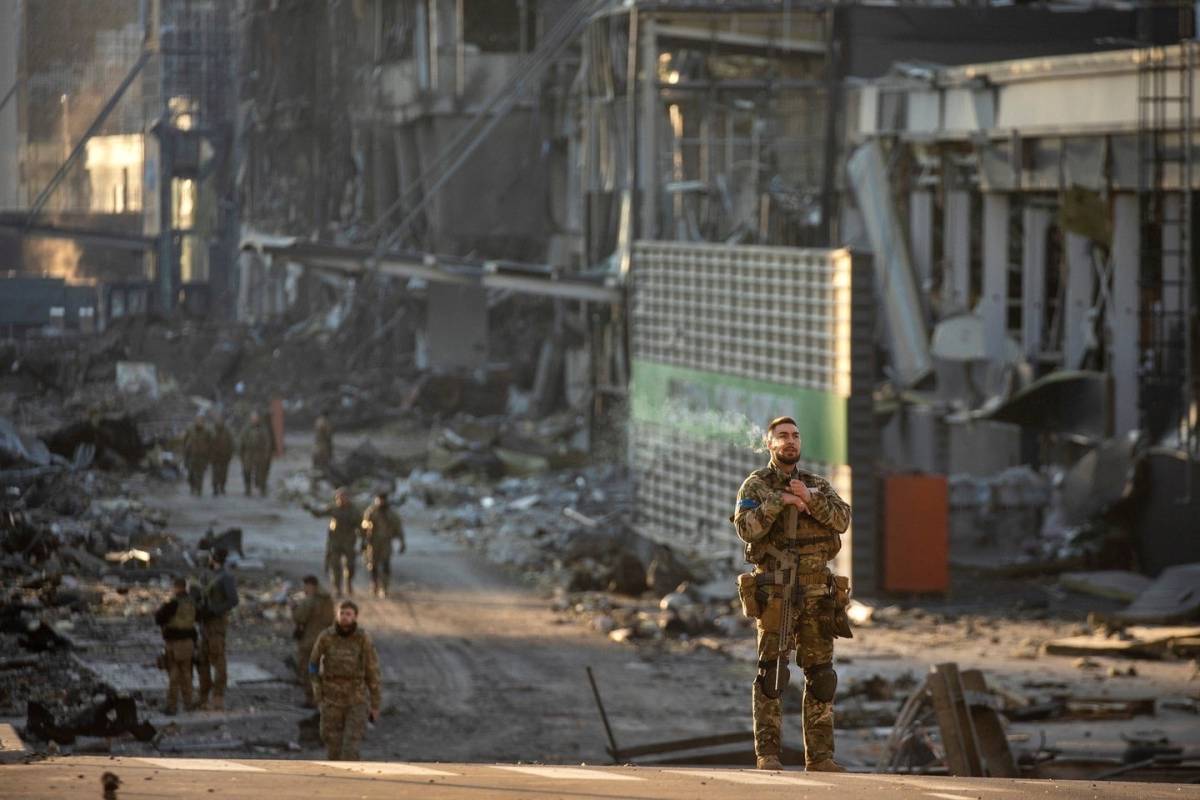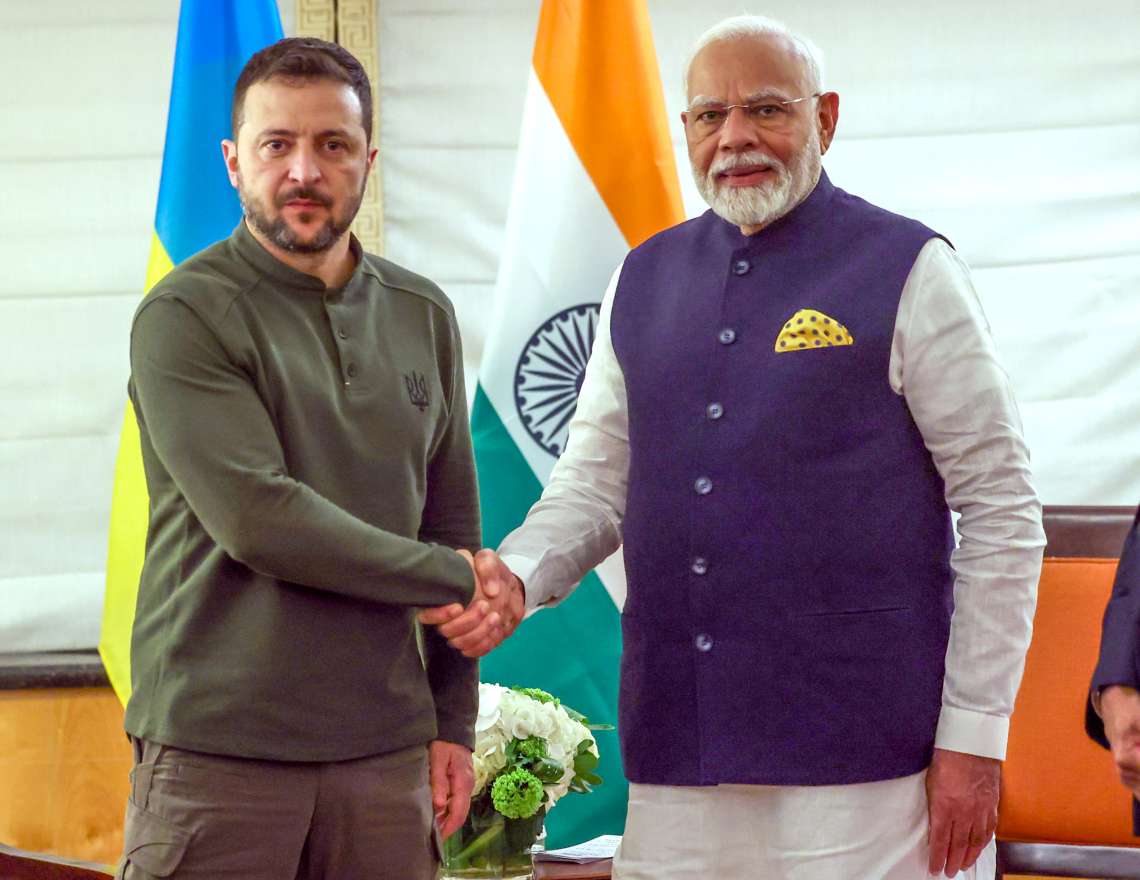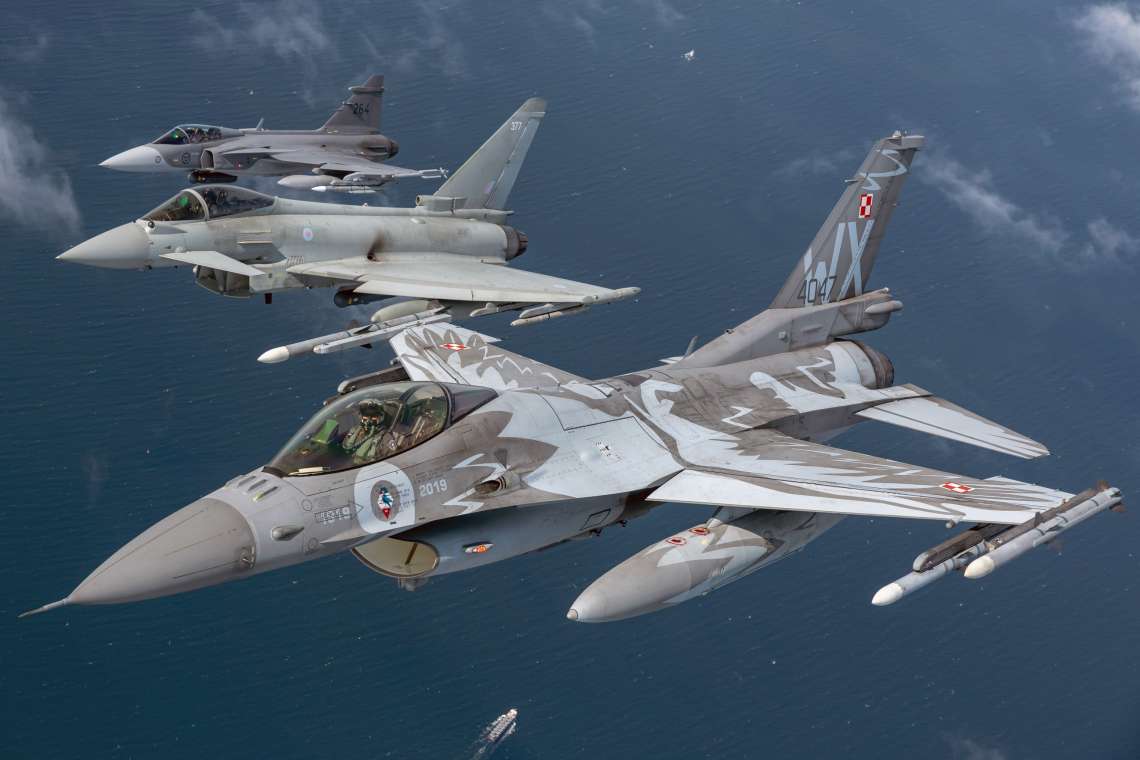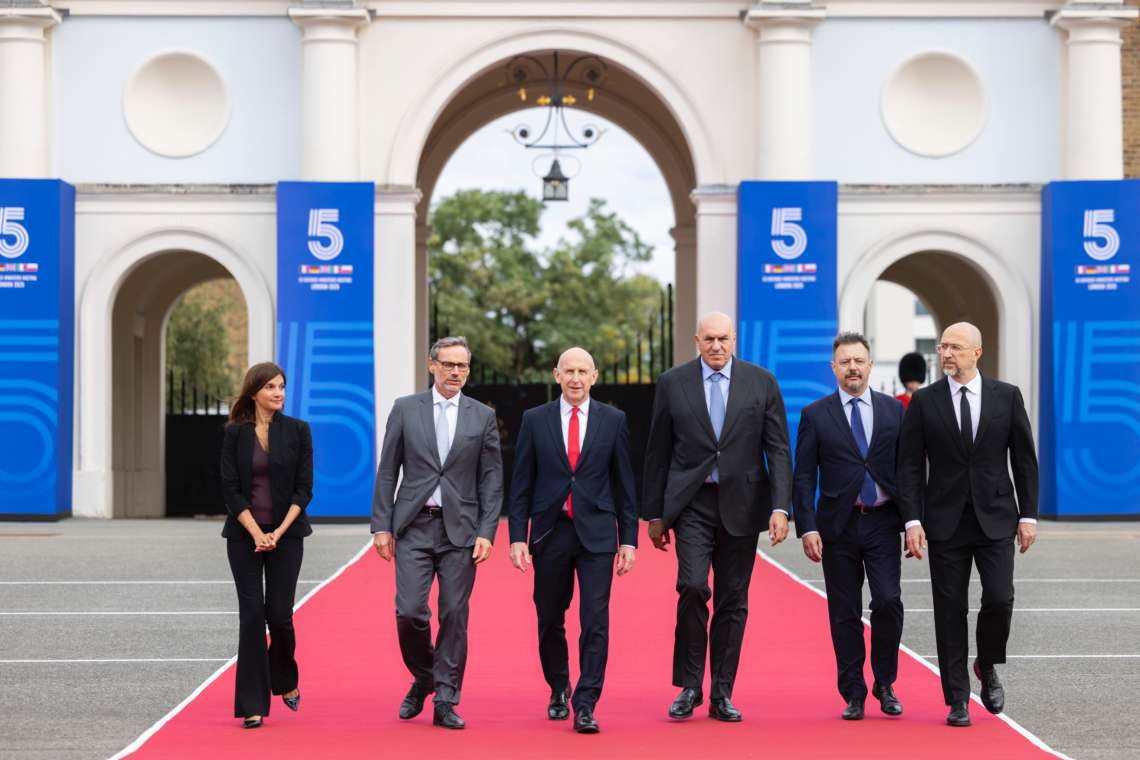If UK, EU, US are suffering, so must Asia, Africa, South America through no fault of their own, writes Prof. Madhav Das Nalapat
That the majority of Conservative Members of Parliament opted for Rishi Sunak as the new Prime Minister of the UK is a sign that the party has changed, much as the Democratic Party in the US changed in the 1960s. During that decade, the baby steps towards ensuring progress in social justice to the African American community that were taken by President John F. Kennedy were accelerated by his successor, Lyndon Baines Johnson. Few had expected the Texan to emerge as a transformative President of the US in his domestic policy.
And yet, it was only with the passage of the Great Society legislation by the US Congress under his prodding that brought US society into the 20th century from the 18th. Unfortunately for Johnson, he allowed a group of intellectual zealots led by Defence Secretary Robert Strange McNamara to bully him into expanding the war against Vietnamese insurgents that Washington had inherited from Paris. The Vietnam Papers show how an Ivy League education may build a perception of infallibility and an inability to even examine opposing points of view.
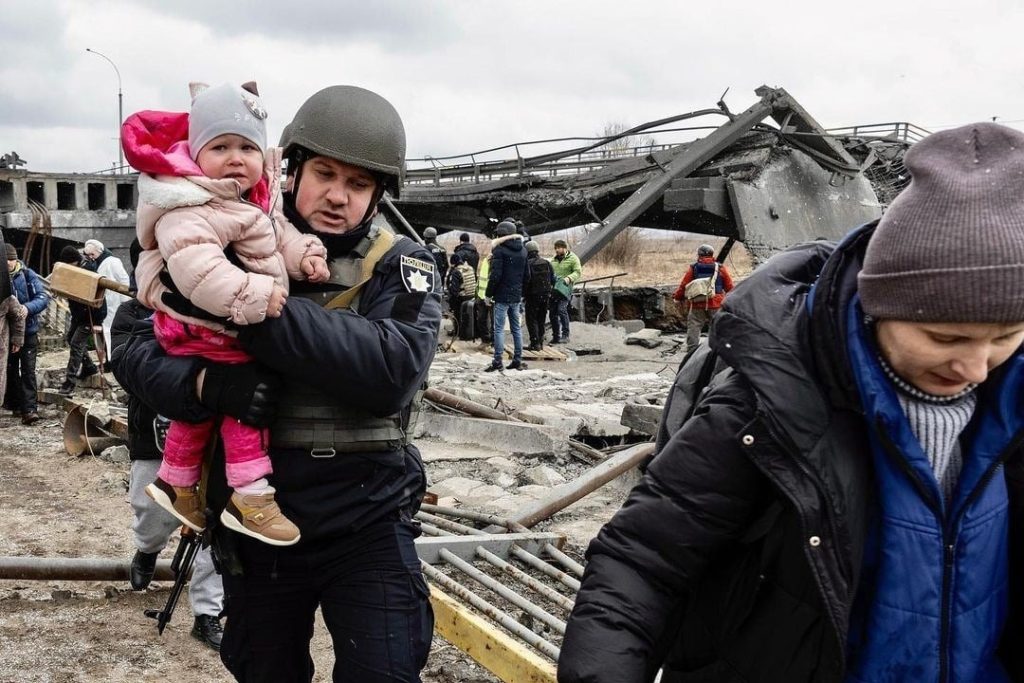
McNamara and the other “war hawks” encircling him were convinced that the metric of overwhelming US preponderance in weapons and resources would rapidly and inevitably prevail over Ho Chi Minh’s peasant army. Despite Johnson’s successor Richard Milhous Nixon together with Nobel Peace Prize winner Henry Kissinger converting large areas of Vietnam, Laos and Cambodia into a wasteland, the US military had to leave Vietnam a defeated and demoralised force in March 1973. Much later, although the US together with its Afghan allies had not lost the war, President Biden ordered a withdrawal of not just US forces but logistical teams assisting the Afghan military by August 2021.
From that time onwards, the credibility of the US as a reliable security partner plummeted where Asia was concerned. The Biden Withdrawal from Afghanistan and the handing over of that country to the Taliban gave a dose of steroids to the Sino-Wahhabi alliance that has not been helpful to global stability nor US security. An even greater blunder committed by Joe Biden is his unlimited support for the regime in Kiev, despite its oft-stated objective (a constant since 2014) of “recovering all the lost territories” has made a peace settlement impossible. UK Prime Minister Sunak has made the first mistake in what he hopes will be a long stay at 10 Downing Street by retaining Ben Wallace as Defence Secretary.
Much in the manner of President Biden, Wallace is impervious to accommodating any view other than those expressed by Zelenskyy. Much of Asia, Africa and South America believes that it is because Ukrainians are “white” that Biden and the rest of NATO are ready to sacrifice the welfare of their own people for the sake of the Zelenskyy regime. A more logical reason may be the longstanding effort by strategists of the Atlantic Alliance to seek the break up and descent into chaos in the Russian Federation in the way that took place in what until then was the Soviet Union.
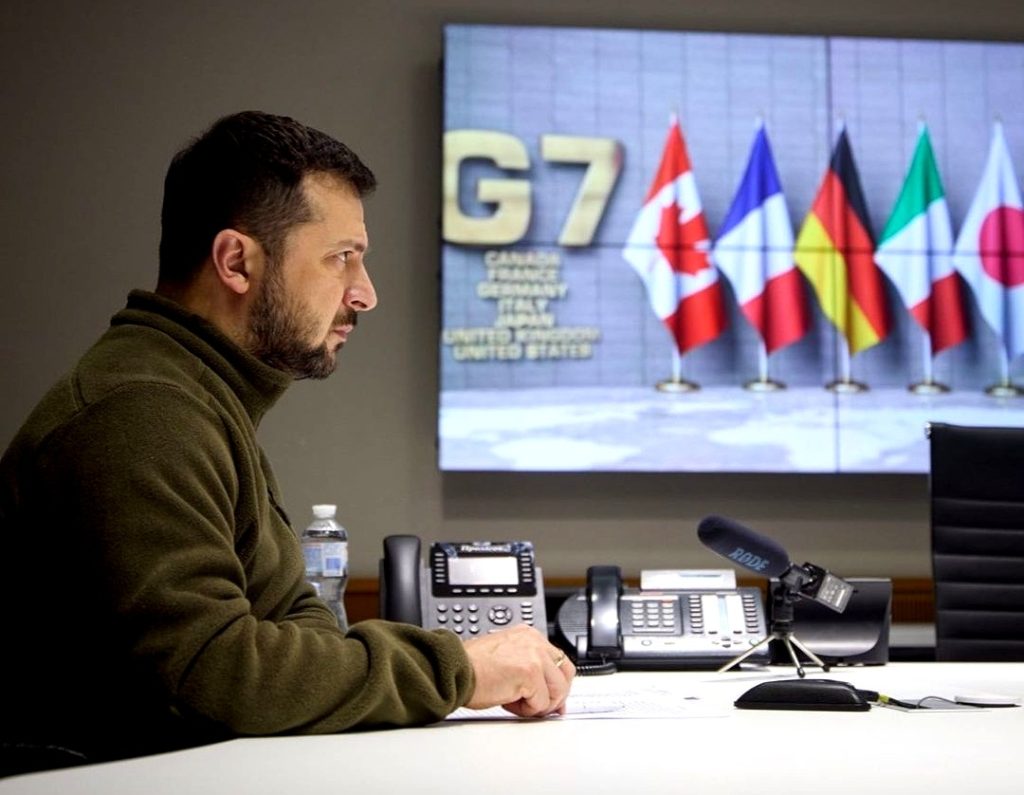
So hypercharged is the media-driven frenzy within the Atlantic Alliance to in effect destroy themselves to “save Ukraine” that even feeble efforts at restoring sanity to policy such as Progressive Caucus Chairperson Pramila Jayapal’s letter asking for a negotiated peace in the conflict was retracted after the White House intervened. President Biden and his UK and EU counterparts seem unaware or uncaring of the travails that their sanctions are causing, toxic measures that in no way have held back Vladimir Putin from continuing with the Ukraine campaign.
Rishi Sunak must know how deadly the impact of draining UK resources to feed the insatiable appetite of the Ukrainian militias fighting Russia is, and yet (as shown by the re-appointment of Ben Wallace) he seems unable to prevent the train wreck that Ukraine is proving to be for the Atlantic Alliance. From the start of the conflict in February, this analyst was clear that CCP General Secretary Xi Jinping would seek to prolong it, and this he is doing by keeping the Russian military machine afloat through the cash and goods given in exchange for Russian resources at discounted prices.
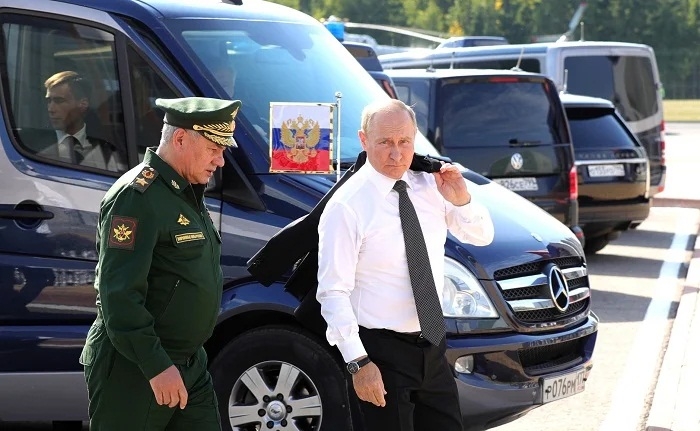
Compared with China’s, the Indian contribution to the Kremlin’s coffers is tiny, and yet is the cause of much hand wringing by Atlanticist politicians and media. In that estimation, Xi would like the proxy war being fought by NATO with Russia in Ukraine to continue at least until the initial months of 2023. Meanwhile, the trans-Atlantic formation seems motivated by an insistence on the rest of the world (except of course China) enduring an even higher level of privation as a consequence of policies formulated entirely in Whitehall, the White House and Brussels. If the UK, EU and the US are suffering, so must Asia, Africa and South America through no fault of their own. Charming.


